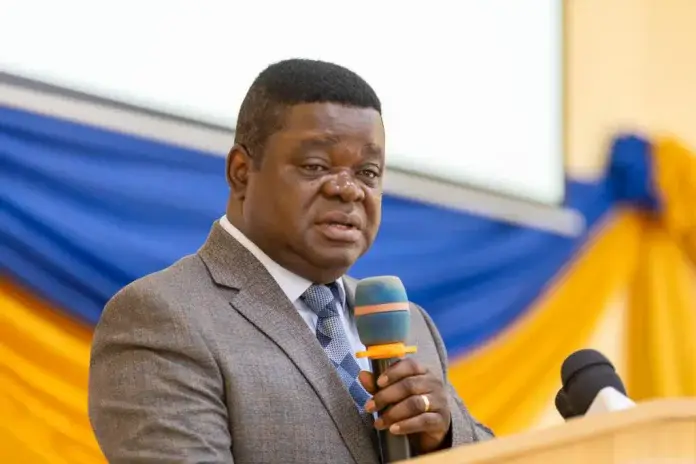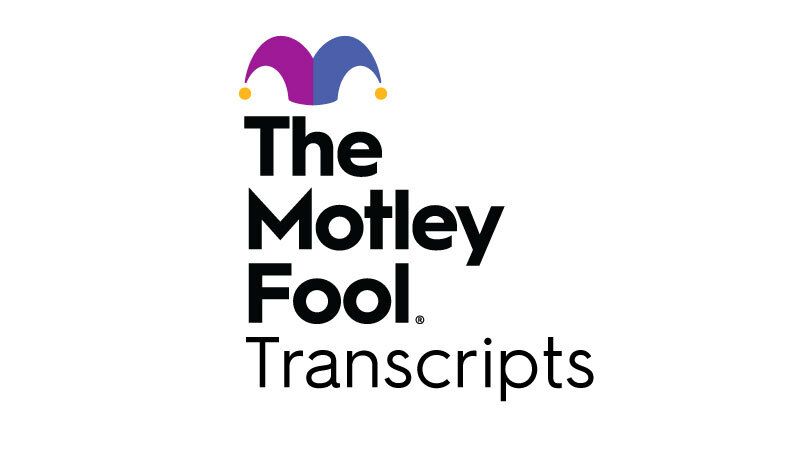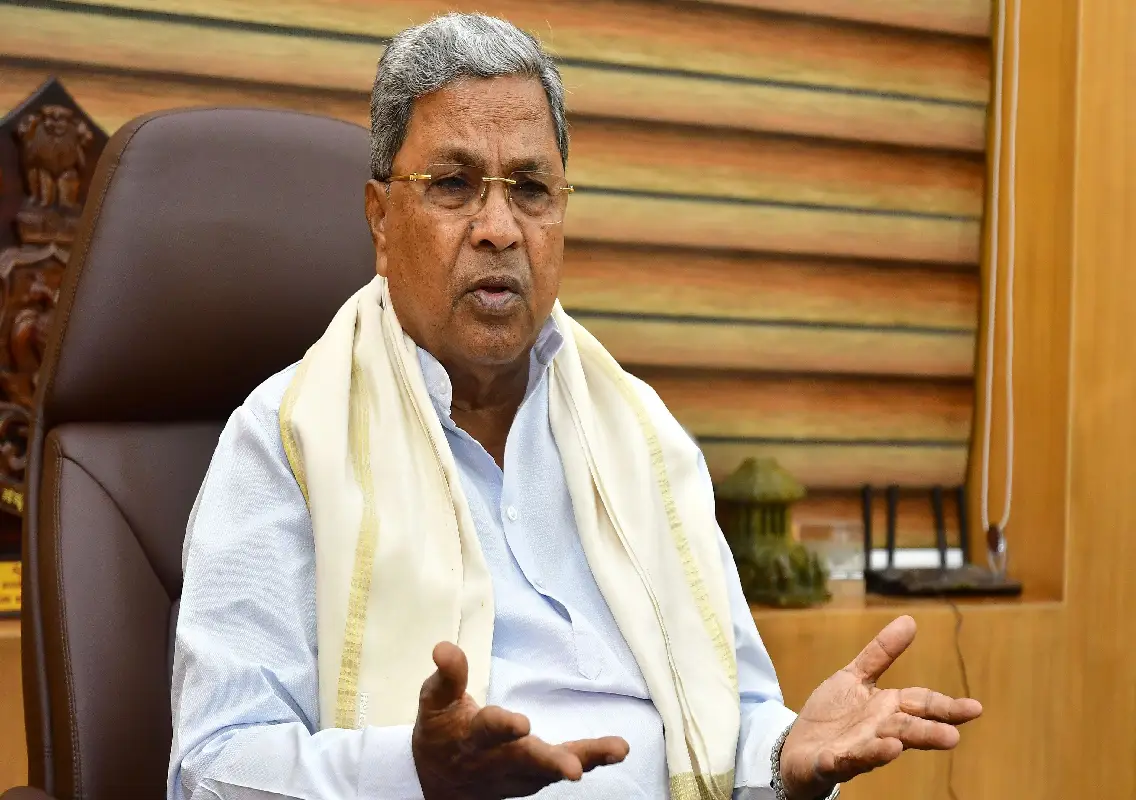Copyright ghanamma

The Institute of Statistical, Social and Economic Research has acknowledged government’s fiscal consolidation progress but raised serious concerns about how Ghana’s mounting debt has been utilized, revealing that only a tiny fraction of borrowed funds has gone toward productive capital projects that could drive sustainable economic growth. Public debt surged from 43.9 percent of GDP in 2013 to approximately 72 percent in 2023, according to data presented at the State of the Ghanaian Economy Report 2024 launch. The figure dropped slightly to 61.8 percent by the end of 2024 following debt relief achieved through the government’s restructuring program. However, capital spending tells a worrying story, increasing by a mere 0.1 percent in 2024 to reach 2.5 percent of GDP, up from 2.4 percent the previous year. The country’s debt to GDP ratio stood at 43.8 percent as of June 2025, but this masks a troubling pattern. Capital investment has plummeted drastically from 6.9 percent of GDP in 2010, showing what experts describe as a concerning trend of disinvestment in infrastructure and long term growth projects. Speaking at the launch, ISSER Director Professor Robert Darko Osei emphasized the need for government to dramatically improve investment efficiency. He stressed that every dollar borrowed must be channeled into productive ventures capable of generating sustained returns rather than simply funding recurrent expenditure. “For debt to be useful for economic growth, it must be used to undertake capital projects including expansion of education and health reach,” Prof. Osei said. His comments underscore a fundamental problem: Ghana appears to be borrowing heavily while simultaneously reducing investments in the very projects that could justify such debt levels. The State of the Ghanaian Economy Report 2024 highlighted signs of economic recovery last year, with detailed analyses of performance indicators and growth drivers. But the report didn’t shy away from hard truths. It recommended that government borrow responsibly at rates as close to concessionary terms as possible and properly resource the Public Accountability and Governance Committee to provide meaningful oversight of government debt, ensuring transparency and accountability. The report also called for reducing recurrent spending and suggested establishing a Value for Money Authority to thoroughly vet government expenditure, a recognition that Ghana’s fiscal challenges stem partly from poor spending decisions rather than simply revenue shortfalls. Prof. Osei noted Ghana’s heavy reliance on mineral exports, particularly gold, which has surged significantly in recent months. He stressed the urgent need to diversify the country’s export base to build a more resilient economy. The surge in gold exports has made South Africa Ghana’s major trading partner, with more than 84 percent of exports to the Southern African nation consisting of gold. As illegal gold mining, widely known as galamsey, continues devastating water bodies and agricultural land across the country, the ISSER director called for a nuanced approach rather than an outright ban on small scale mining operations. “The answer is not, let’s stop all mining activities. Let’s not throw the baby out with the bath water. If the issue is about the process and how we get the gold, then let’s tackle that,” Prof. Osei argued. He advocated for comprehensive cost benefit analyses and increased investment in research to gather what he termed “the right evidence” to shape future mining policy. “We need to invest in getting the right evidence to inform policy,” he added, urging government to fund more research into the potential impact of mining activities on agriculture, which should serve as the bedrock of economic transformation. The environmental issues linked to gold mining, especially through galamsey operations, create a difficult dilemma for policymakers. How can Ghana tackle this environmental menace without damaging the foreign exchange potential that gold exports provide to an import dependent economy? Meanwhile, Professor Peter Quartey, immediate past Director of ISSER, offered a different angle on economic policy while commending the Bank of Ghana for its effective inflation targeting. He warned that economic growth shouldn’t be sacrificed purely to hit inflation targets, arguing that the central bank may be tightening monetary policy too aggressively. Responding to questions about the Bank of Ghana’s open market operations, Prof. Quartey said he was surprised when the Governor suggested inflation would reduce further by year’s end, noting that inflation already sits within the target band of 8 percent, plus or minus 2 percentage points. “We should strive to attain an optimal rate of inflation,” Prof. Quartey emphasized, noting that some level of inflation is actually beneficial for economic activity. “We need optimal inflation to get growth because we are not spending. I would love to see deficits, reasonable rates of inflation and some stability in the exchange rate, not at the expense of growth and jobs.” He stressed that the Bank of Ghana should determine a threshold for its inflation targeting strategy, saying policymakers “need to estimate that threshold for growth.” He recounted seeing an IMF paper from years back suggesting that for developing countries, anything between 10 and 12 percent inflation could be considered optimal for balancing growth with price stability. Prof. Quartey’s comments highlight an ongoing debate in Ghana’s economic policy circles about whether the country has swung too far toward fiscal and monetary conservatism, potentially stifling the economic activity needed to create jobs and lift incomes. With unemployment remaining stubbornly high and many Ghanaians struggling with cost of living pressures, the question of whether the country is prioritizing the right economic indicators has taken on renewed urgency. The ISSER report arrives at a critical moment for Ghana’s economic trajectory. After years of debt accumulation and a painful debt restructuring process, the country faces difficult choices about how to balance fiscal discipline with the need for growth generating investments. The institute’s analysis suggests that Ghana’s economic challenges aren’t simply about how much the country borrows, but fundamentally about what it does with those borrowed funds.



